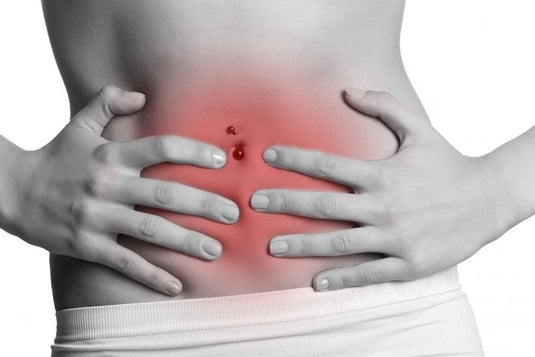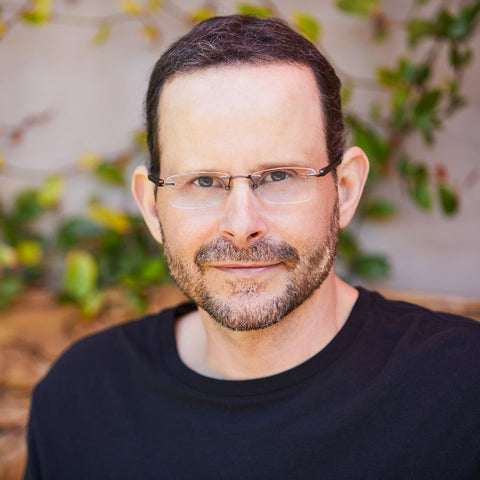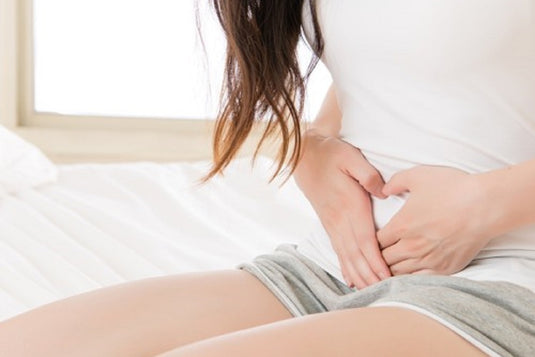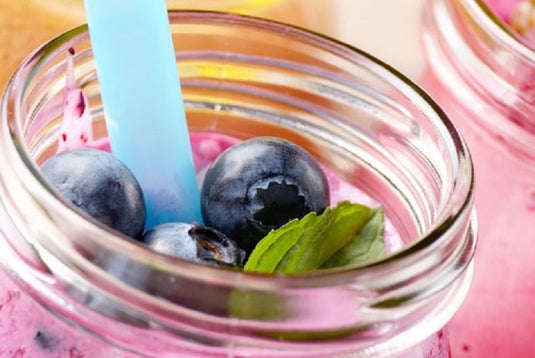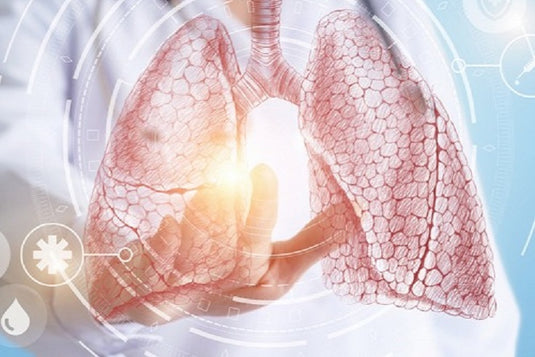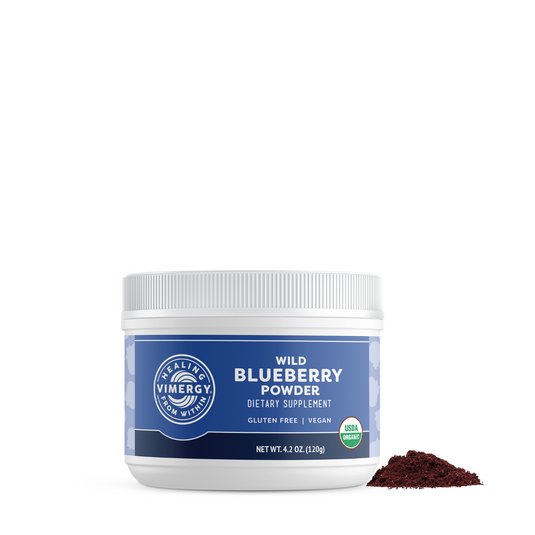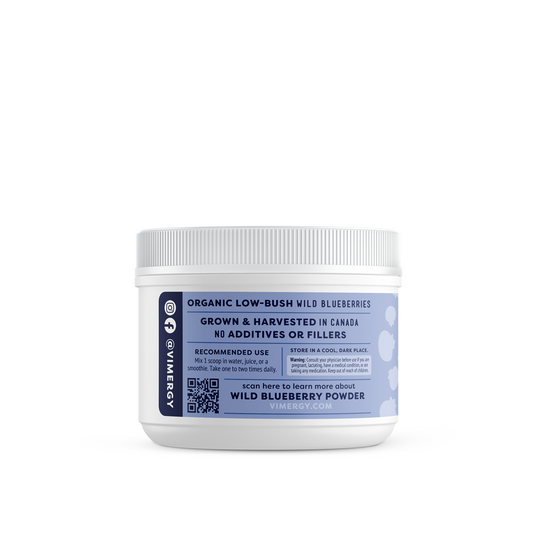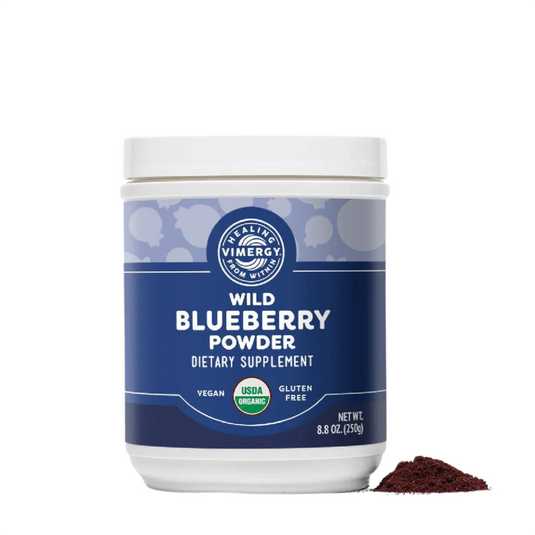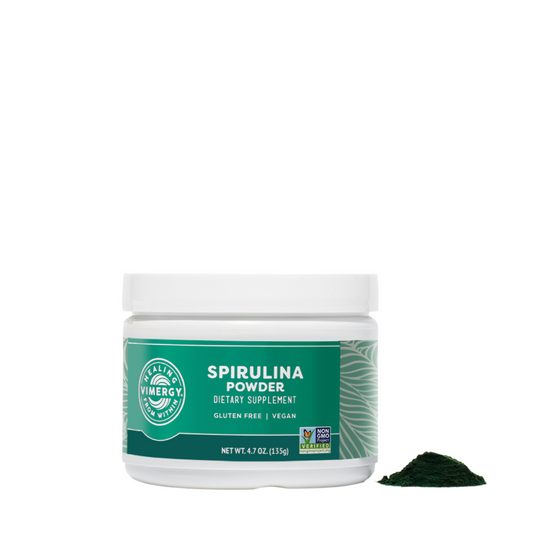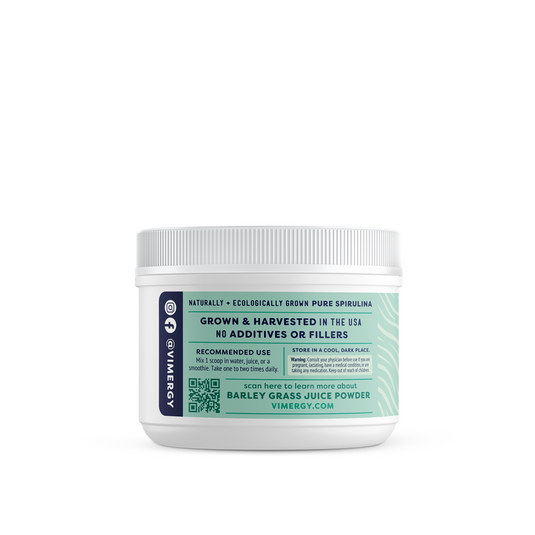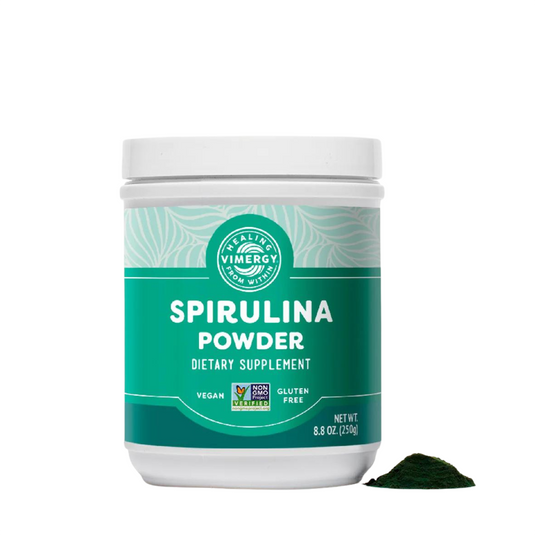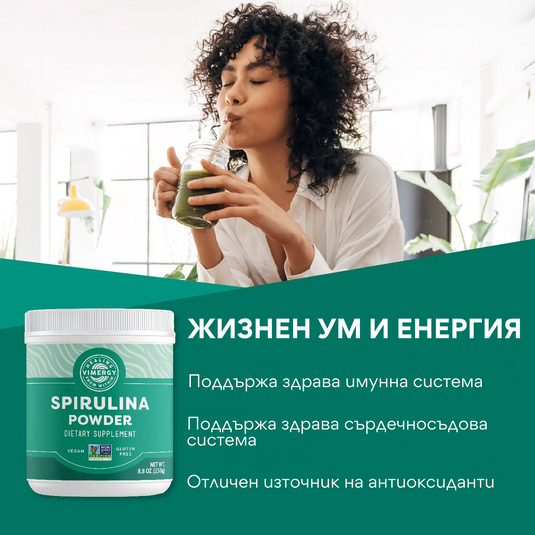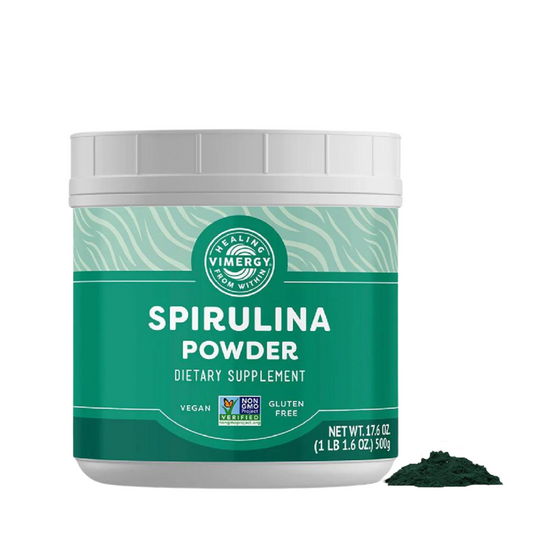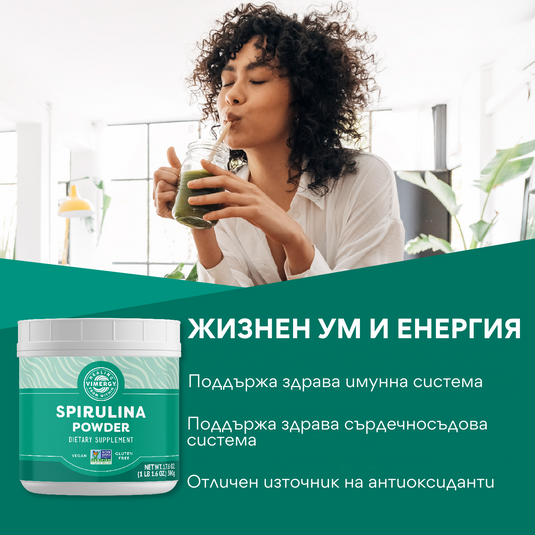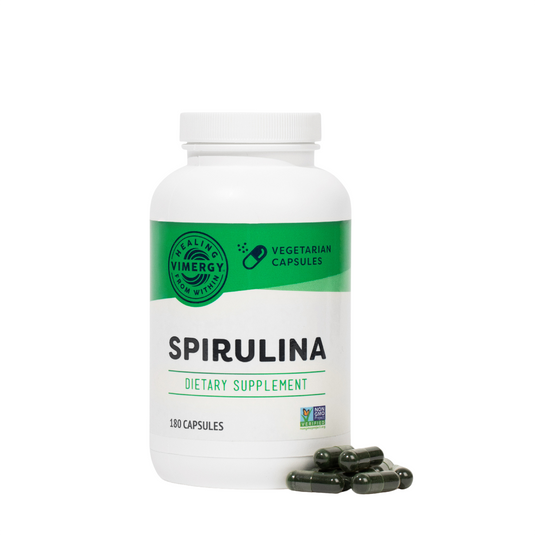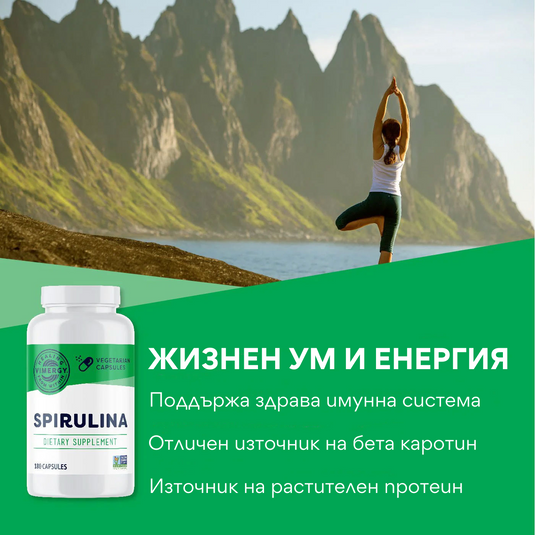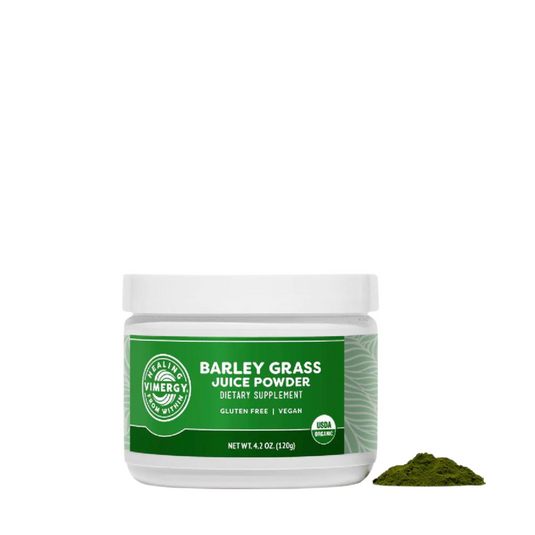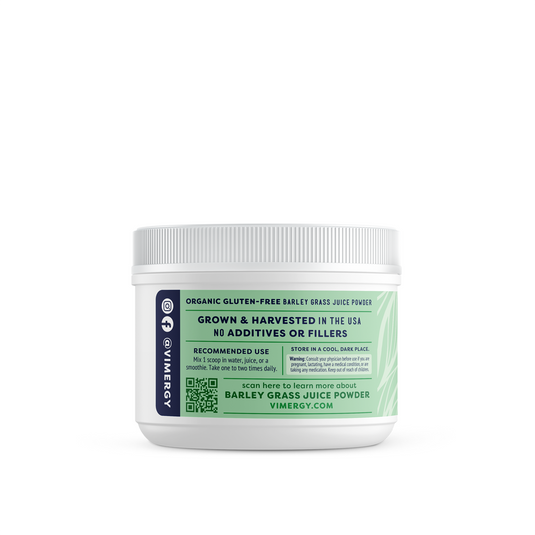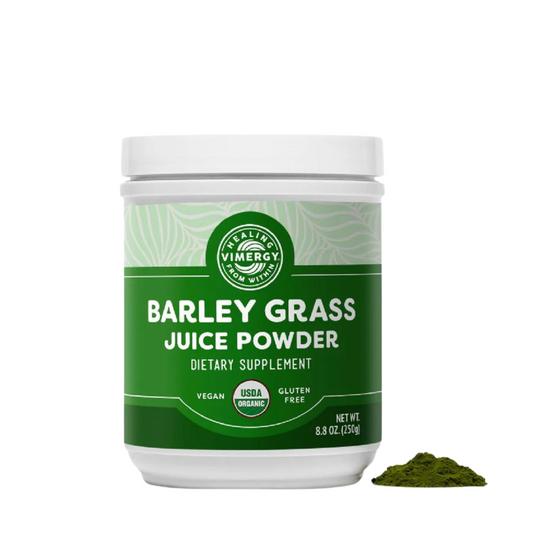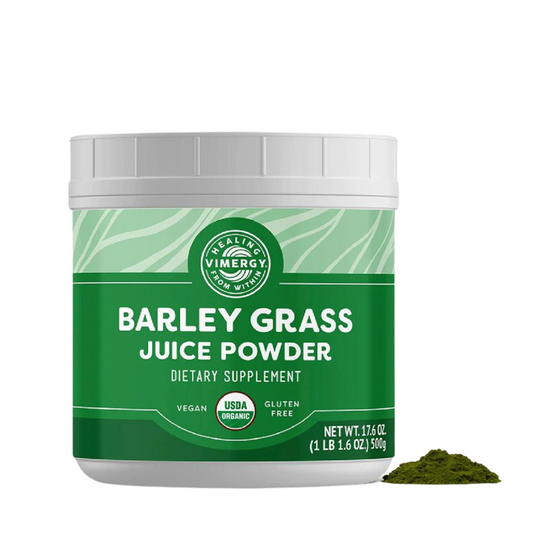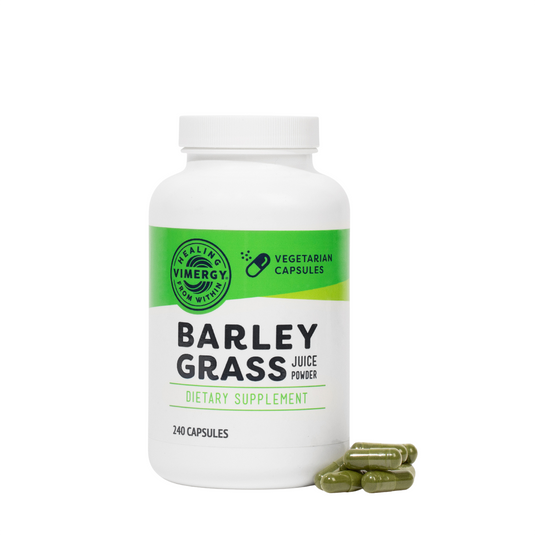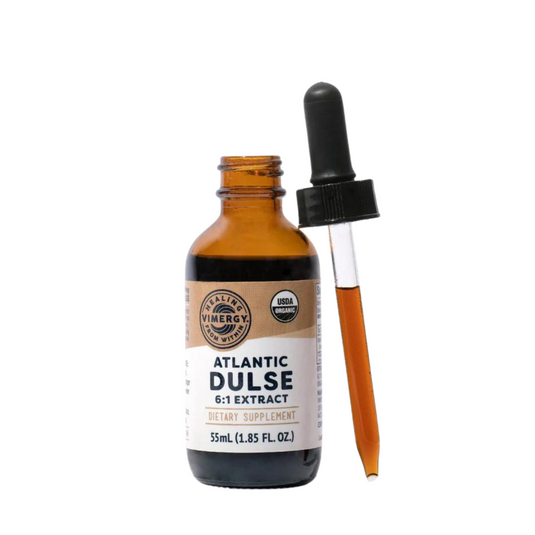Why do our bellies swell?
Everyone has experienced a bloated feeling at some stage in their life, and if they haven't already, it's very likely that they will in the future. And even though it's so common, medicine knows very little about what actually lies behind this symptom. Even the most modern diets today cannot adequately respond to the problem of bloating. Many of these diets look for the cause in lectins, but lectins are not the real problem, as described in the book Liver Help , because lectins are found in every single fruit and vegetable. The information about lectins that says you should avoid certain fruits and vegetables is misinformation, and it's good to know the truth so you don't deprive yourself of their healing nutrients. Others blame gluten, and while it is still unknown to medicine that gluten does feed pathogens such as Epstein-Barr virus , herpes simplex virus (HSV), herpes zoster virus, and strep bacteria , which science and research have yet to discover, the real The cause of bloating lies much deeper.
Bloating is really due to an overloaded liver with high toxin content or a sluggish liver, which can then lead to digestive problems. How this happens is described in depth in the book Liver Help , as well as answers to conditions such as eczema, psoriasis, diabetes, strep infections , acne, gout, bloating, gallstones, adrenal fatigue , fatty liver, weight problems, small intestinal bacterial overgrowth (SIBO) , and autoimmune diseases. But let's take a look here at what's going on in your body so you can start healing yourself.
Slowed liver function
Currently, nine out of ten people have some degree of liver failure. In the future, this percentage will increase. This means that eventually, all of us will likely experience symptoms or health conditions that stem from a compromised, overworked, and high-toxin liver—whether it's acne or other skin problems like eczema or vitiligo. digestive problems such as bloating, fatigue, diabetes, high cholesterol, high blood pressure, heart attacks, strokes, bile problems, etc. At the root of all these problems is a slow liver function or a high fat content in it.
What are the causes of slow liver function?
Throughout our lives we are exposed to countless toxins and pathogens that we can safely call "Liver Pests". Also, we are born with Liver Pests already in our Liver. This is not due to genetics, but to the fact that at conception and when we are in the womb, we inherit toxins and pathogens passed down the family line, which are passed down from generation to generation. This is why some babies develop or are born with problems such as jaundice, PANDAS (autoimmune neuropsychiatric disorders associated with streptococcal infections in children), eczema, digestive problems and more.
One of the main reasons for slowing down the functions of the liver is the presence of toxic heavy metals such as mercury, lead, cadmium or copper in the body, which are part of the liver damage. Environmental chemicals and toxins also play a role in reducing liver function. Laundry detergents, colognes, gasoline, insecticides, pesticides, and preservatives are examples of toxins that we are constantly surrounded by. It's impossible to avoid them all on a regular basis, but what we can do is eat the right foods to protect our liver and keep it strong and healthy. Another reason is that pathogens and their byproducts can also pass from the liver to the gut. All of these can be secreted by the liver when it is overworked and sluggish, and coat the lining of the small intestine and colon, causing even more bloating. This is because they interfere with all the "good" bacteria that are there, and they also feed the "bad" bacteria and other harmful microorganisms.
Another factor that makes it difficult for the liver to work is high-fat diets, which act in the same way as high-protein diets, regardless of whether they are based on animal or plant foods. In both cases, the high content of fat in the diet leads to the suppression of the production of bile juices, which prevents the complete breakdown of food. This in itself can lead to bloating. Exactly how this process works and why diets high in fat and protein can cause this is explained in the book Liver Help .
Even more important than bile production is supporting the immune system, one of the liver's thousands of biochemical functions. Medicine and researchers still don't know that the liver has its own immune system of miraculous fighter and defender cells, the main purpose of which is to protect us longer from the toxins and pathogens we encounter every day, as well as from the high-fat foods that almost everyone eats. When your liver is under stress, which you already know is the case for nine out of ten people, and will soon be the case for everyone, the liver redirects its main energy to the immune system, resulting in reduced bile production . And when the functions of the bile suffer, the production of hydrochloric acid in the stomach also decreases, which prevents the small intestine from absorbing nutrients. This causes proteins and fats to start rotting and spoiling in the intestines. This rotting in the gut can also lead to bloating.
Due to the low production of bile and hydrochloric acid, undigested food residues, consisting mostly of fat and protein, also end up feeding pathogens, further coating the intestinal tract and causing even more symptoms of bloating. A condition develops that I call ammonia permeability - which the medical community confuses with leaky gut. This is a condition where leftover food breaks down in the intestines and produces ammonia, which causes the intestinal tract to expand even more (creating bloating, cramping, discomfort and distension). Also, the ammonia rises up the intestines, reaching the stomach, which leads to a further decrease in hydrochloric acid and even in the stores of substances found in the gastric glands needed for the production of hydrochloric acid.
In addition to damage to the liver and a diet high in fat and protein, the increase in adrenaline in the body also leads to a weakening of the functions of the bile. The extra adrenaline can be caused by drinking too much coffee, a high-fat diet, traumatic or emotional events in your life, or simply a very busy or highly stressful lifestyle that keeps your body in constant stress mode . Almost everyone today faces the effects of excess adrenaline due to the dynamics and nature of our lives here on Earth. To properly understand how adrenaline works and how to support your adrenals, liver and digestive system, please refer to the book Help for the liver" .
What should we do and what should we not do?
If you want to heal your liver and bloat, it's important to reduce the amount of high-fat and high-protein foods you eat. Whether you're eating plant-based or animal-based foods, too much fat and protein will ultimately only lead to more bloating and digestive issues.
We know that high protein and high fat diets are a popular trend right now, but unfortunately, these diets are misleading people. As much as their benefit is that they remove processed foods from your diet, and this can produce some results for a person who previously ate more harmful foods, unfortunately, these diets are not a long-term solution to chronic disease. and symptoms. Whey protein, pea protein, coconut oil, fresh milk, yogurt, peanut and almond butter - all of these additions to your morning smoothies will make your bloating symptoms worse.
Instead, try the Liver Help Smoothie or Heavy Metal Detox Smoothie , which contains the five most important ingredients for safe and effective heavy metal removal: wild blueberries , spirulina , barley grass juice powder , Atlantic Dulce and Coriander. Remember that low bile levels result in the body's inability to break down food, especially fat and protein, whether it's from eating too many avocados or beef. Both vegans and meat eaters should reduce their fat intake. And as I said before, high protein intake equals high fat intake. Eggs and dairy will feed all the dormant viruses in your liver, which will further weaken your bile functions.
If you can, consider switching to a plant-based diet temporarily while you try to resolve your bloating issues. But don't be fooled into following trends like taking nutritional yeast, which saturates the liver with glutamic acid, or apple cider vinegar, which may be good for your skin topically, but "preserves" your organs internally. The 3:6:9 Cleanse from the book Cleanse for Health is an ideal way to start treatment for bloating as well as other symptoms and conditions.
The best foods to include in your daily regimen are fresh green leafy vegetables, which are rich in essential mineral salts. Butter lettuce, red lettuce, romaine lettuce and spinach are excellent options. Sprouts, kale, cucumbers, zucchini, broccoli and asparagus are healing foods for bloating. Berries are amazing for treating a bloated belly. Papaya, bananas, figs, pears, kiwi, apples and apricots are excellent choices for bloating. The possibilities are truly endless when you see the variety of fruits and vegetables - and you can eat any of them.
As you probably know from Anthony William's books, fresh juice from celery stalks has amazing healing properties. Try drinking at least 500 ml of celery stem juice on an empty stomach every morning. The key is to be persistent. Bloating won't go away overnight, but these foods will help strengthen your liver. Keep in mind that your liver has a long healing process and it takes time to restore your body's bile reserves.
Everyone is different, but some of you may notice that when you include freshly squeezed juice from celery stalks and more fruits, leafy greens and vegetables in your diet, your bloating increases. If this happens and it's not because everything If you still eat foods that are too high in fat, protein, or unhealthy, this is because your body is flushing out toxins, killing viruses and bacteria, restoring bile and hydrochloric acid, and performing many other healing processes. Bloating can stick around for a while, because by starting the healing process, you're giving your liver a chance to rid itself of long-absorbed toxins. Everyone's liver is different, so healing may take different time for different people. For most people, the symptoms of bloating go away as soon as they start consuming celery stalk juice on an empty stomach daily, but for some it may take longer.
How to move forward
Digestive problems, including bloating, can be related to the liver. If you're interested in learning more, check out the Liver Help book for a complete understanding of what's going on in your body and exactly how you can treat yourself. As we have already shared, undigested food and bloating are signs that the liver is overworked, and when it is under stress, it will not only affect bile production, but also cause toxins to be released and reabsorbed through the intestines. Increased toxin content in the gut leads to conditions such as SIBO (small intestinal bacterial overgrowth) caused by an overgrowth of streptococcal bacteria . This chain reaction only further weakens the liver and gallbladder, leading to even more bloating. The only way to really deal with bloating long term is to learn the truth about what is really behind your bloating and take the right steps to cure it.
